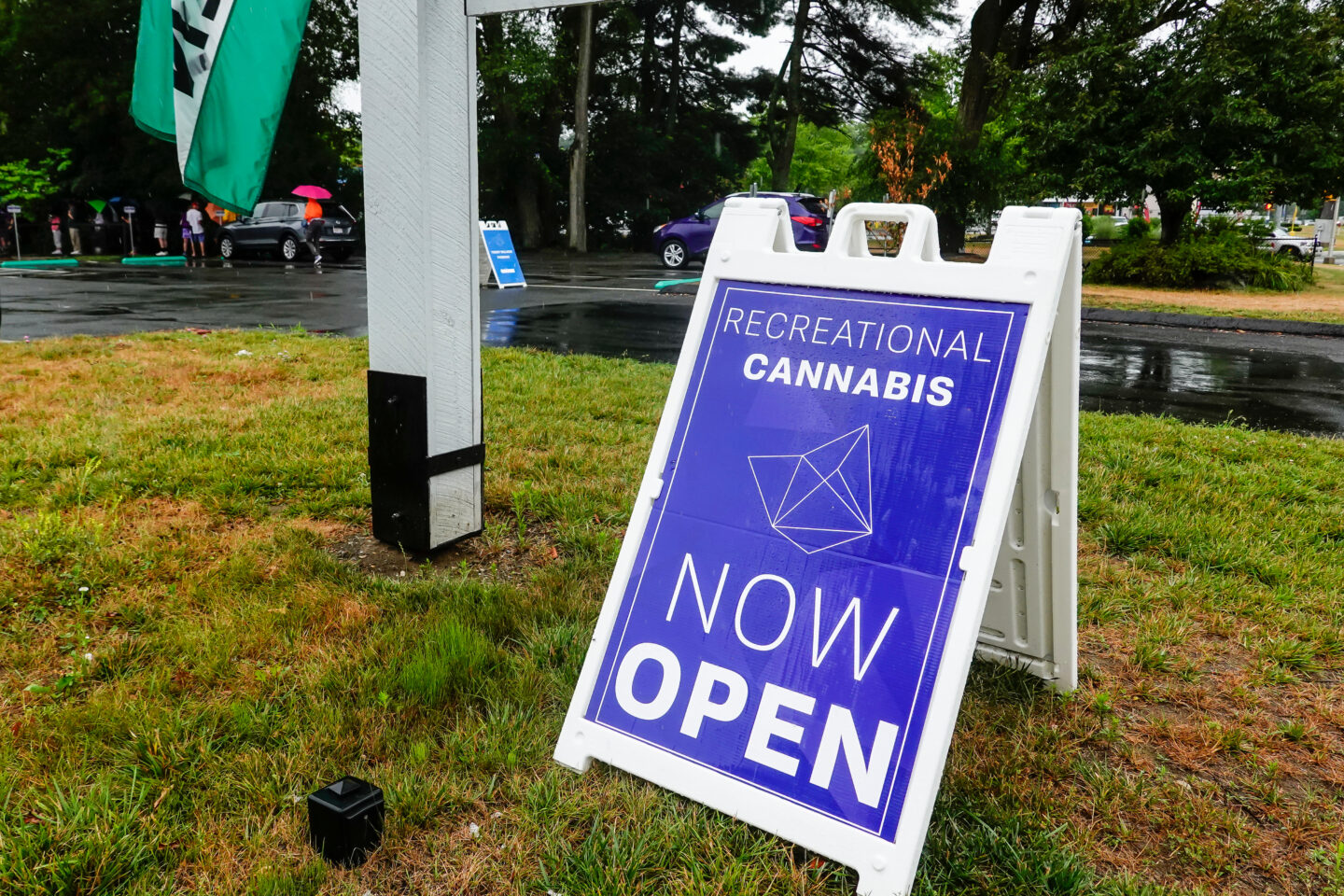
Montana’s GOP legislature wants to eliminate recreational pharmacies
More than two years after voters approved a measure to legalize recreational cannabis, and more than a year after the introduction of the state-regulated marijuana market, a Montana lawmaker wants to reverse all of that.
Last week, Republican Senator Keith Regier introduced a bill that includes a number of reforms to Montana’s cannabis policy, most notably the “elimination of dispensaries for adult use.”
According to the Montana Free Press, the law “additionally increases the state tax on medical marijuana from 4% to 20% and significantly limits the potency of medical marijuana and the amounts allowable for possession,” and while it would again ban recreational cannabis, it would it doesn’t “recriminalize adult marijuana possession”.
The goal of Regier’s bill is clear: “Reduce demand for marijuana sales.”
Montana Free Press has more background on the proposal:
“If passed, the law would drastically reduce the potential consumer base for existing marijuana businesses and eliminate a significant revenue stream for the state treasury. Since beginning adult sales in January 2022, Montana has generated $54 million in tax revenue from the industry. Less than a tenth of that revenue came from medical marijuana taxes. Currently recreational customers pay a 20% tax to the state; Some counties add an additional 3% local tax.
The outlet reported that the bill will be the subject of a hearing in the Senate Committee on Business, Labor and Economics on Wednesday.
Nearly 57% of Montana voters in 2020 approved Initiative 190, which legalized marijuana for adults 21 and older and also laid the groundwork for taxing cannabis sales.
Recreational cannabis sales started last year and grossed the state more than $200 million in 2022.
According to the state, in 2022, recreational marijuana sales were $202,947,328, while medicinal cannabis sales were $93,616,551. (Montana voters legalized medical marijuana in 2004.)
The two combined totaled $303,563,879 in marijuana sales last year.
According to the Treasury Department, Montana generated $41,989,466 in tax revenue from recreational cannabis sales and $3,744,662 in taxes from medicinal cannabis sales. Collectively, the state collected $45,734,128 in tax revenue from marijuana sales in 2022.
Marijuana reform was a hot topic in the Montana Legislature this year.
Earlier this month, according to local news station KTVH, the Economic and Labor Committee “heard testimonies on two marijuana-related bills,” one of which “would ban Montana’s marijuana companies from selling their business or brand in print, on television.” and to advertise on the radio or using a billboard,” while the other would “revise the required warning labels that marijuana companies are required to place on their products to say that use of marijuana during pregnancy can lead to “congenital abnormalities and hereditary cancers developed by a child later in life.’”
The station reported that the proposed advertising ban “did draw opposition from marijuana companies and from the Montana Newspaper Association,” with opponents saying that “most people in the industry have gone to great lengths to ensure their advertising lives up to the standards.” current rules, and most of the problems that people worry about come from a few bad actors.”
There have also been debates about other cannabis laws, including one that would require “marijuana growers and marijuana product manufacturers to install air filtration systems to address concerns about smell,” according to the KTVH, as well as several proposed bills to change the way the state does it distributes the marijuana tax revenue.
“Specifically, they propose removing a section of state law that passes a percentage of taxes from marijuana sales to Habitat Montana — a program that uses state funds for wildlife habitat conservation projects.” Gov. Greg Gianforte said the program has more than enough funding and no longer needs the marijuana revenue,” the station reported.

Post a comment: